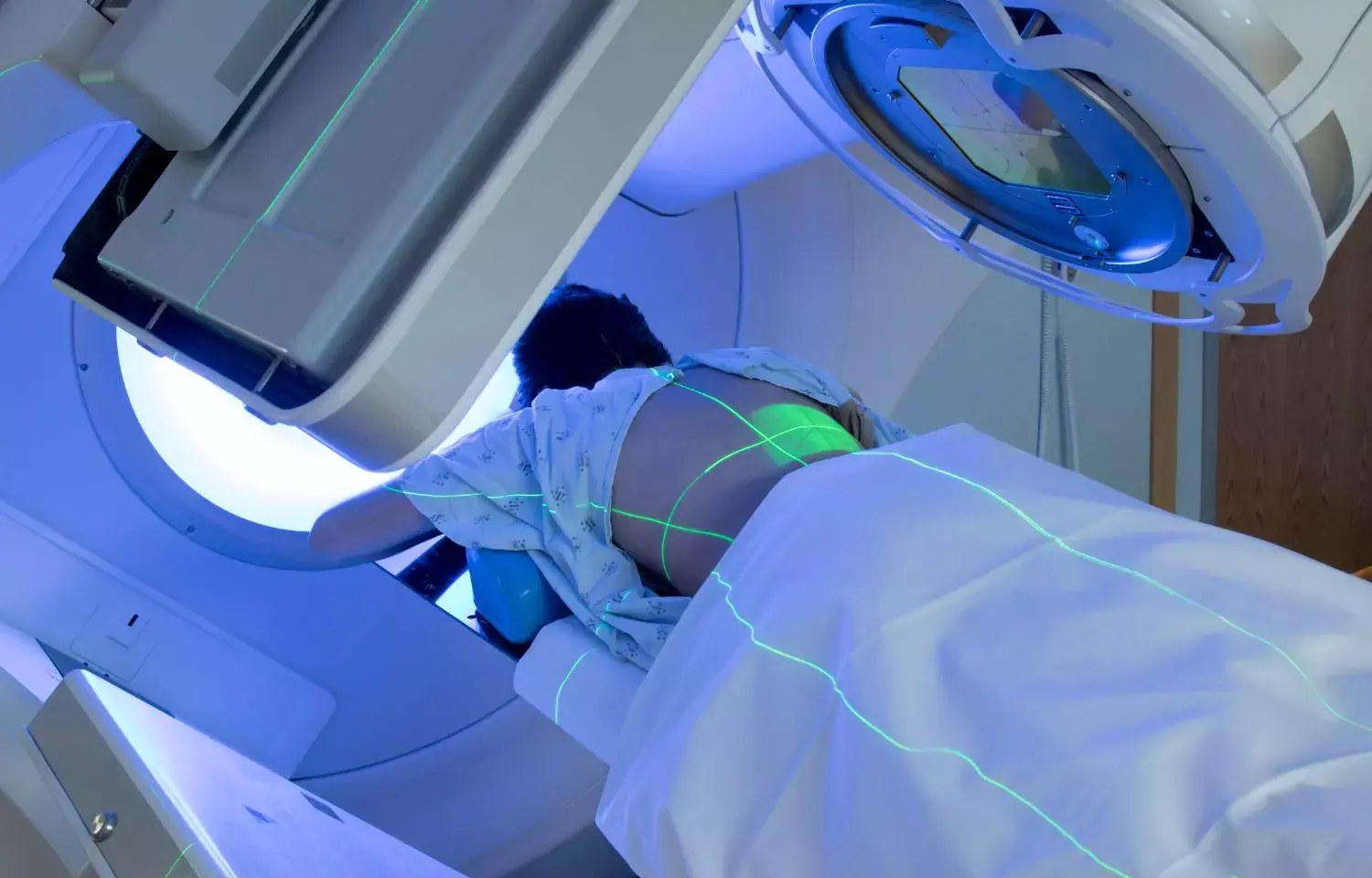- Home
- Medical news & Guidelines
- Anesthesiology
- Cardiology and CTVS
- Critical Care
- Dentistry
- Dermatology
- Diabetes and Endocrinology
- ENT
- Gastroenterology
- Medicine
- Nephrology
- Neurology
- Obstretics-Gynaecology
- Oncology
- Ophthalmology
- Orthopaedics
- Pediatrics-Neonatology
- Psychiatry
- Pulmonology
- Radiology
- Surgery
- Urology
- Laboratory Medicine
- Diet
- Nursing
- Paramedical
- Physiotherapy
- Health news
- Fact Check
- Bone Health Fact Check
- Brain Health Fact Check
- Cancer Related Fact Check
- Child Care Fact Check
- Dental and oral health fact check
- Diabetes and metabolic health fact check
- Diet and Nutrition Fact Check
- Eye and ENT Care Fact Check
- Fitness fact check
- Gut health fact check
- Heart health fact check
- Kidney health fact check
- Medical education fact check
- Men's health fact check
- Respiratory fact check
- Skin and hair care fact check
- Vaccine and Immunization fact check
- Women's health fact check
- AYUSH
- State News
- Andaman and Nicobar Islands
- Andhra Pradesh
- Arunachal Pradesh
- Assam
- Bihar
- Chandigarh
- Chattisgarh
- Dadra and Nagar Haveli
- Daman and Diu
- Delhi
- Goa
- Gujarat
- Haryana
- Himachal Pradesh
- Jammu & Kashmir
- Jharkhand
- Karnataka
- Kerala
- Ladakh
- Lakshadweep
- Madhya Pradesh
- Maharashtra
- Manipur
- Meghalaya
- Mizoram
- Nagaland
- Odisha
- Puducherry
- Punjab
- Rajasthan
- Sikkim
- Tamil Nadu
- Telangana
- Tripura
- Uttar Pradesh
- Uttrakhand
- West Bengal
- Medical Education
- Industry
Betamethasone could improve outcomes of prostate cancer patients on radiation therapy

A new study published by University of Kentucky Markey Cancer Center researchers suggests that the common steroid betamethasone could be used to reduce unwanted side effects of radiation treatments for prostate cancer.
The research was published in the International Journal of Molecular Sciences June 8.
The lab study led by Luksana Chaiswing, Ph.D., assistant professor in the UK College of Medicine's Department of Toxicology and Cancer Biology, is the first to demonstrate that betamethasone protects normal prostate cells from injury induced by radiation therapy, while making the cancer cells more susceptible to the treatment.
Prostate cancer is the second leading cause of cancer deaths among men in the U.S. While radiation therapy is important to control the growth of prostate cancer, it presents a significant risk of increasing unwanted side effects, including injury to normal tissues.
"New therapies aimed at protecting against normal tissue injury while also increasing radiation therapy effectiveness are urgently needed," Chaiswing said. "The development of such approaches would have a major impact on prostate cancer control and the quality of life of patients."
The team screened around 700 Food and Drug Administration-approved drugs for properties including protecting non-cancer cells against radiation therapy induced cytotoxicity, killing prostate cancer cells and increasing hydrogen peroxide levels in both cancer and non-cancer cells.
Betamethasone, a corticosteroid that is approved for treatment of inflammation and cancer of the hematopoietic system, was one of the top five drugs with all of the desired properties.
Betamethasone increases hydrogen peroxide levels, which activates a protective protein called "RelB" in normal, non-cancerous prostate cells.
"The outcome of this project could lead to a new anticancer regimen that improves the efficacy of radiation therapy by sensitizing tumor tissue to radiation while simultaneously protecting normal tissue from radiation-induced side effects, which could lead to improved quality of life for cancer survivors," Chaiswing said.
Reference:
Luksana Chaiswing, Fangfang Xu, Yanming Zhao, Jon Thorson, Chi Wang, Daheng He, Jinpeng Lu, Sally R. Ellingson, Weixiong Zhong, Kristy Meyer, Wei Luo, William St. Clair, Int. J. Mol. Sci. 2022, 23(12), 6409; https://doi.org/10.3390/ijms23126409
Dr Kamal Kant Kohli-MBBS, DTCD- a chest specialist with more than 30 years of practice and a flair for writing clinical articles, Dr Kamal Kant Kohli joined Medical Dialogues as a Chief Editor of Medical News. Besides writing articles, as an editor, he proofreads and verifies all the medical content published on Medical Dialogues including those coming from journals, studies,medical conferences,guidelines etc. Email: drkohli@medicaldialogues.in. Contact no. 011-43720751


